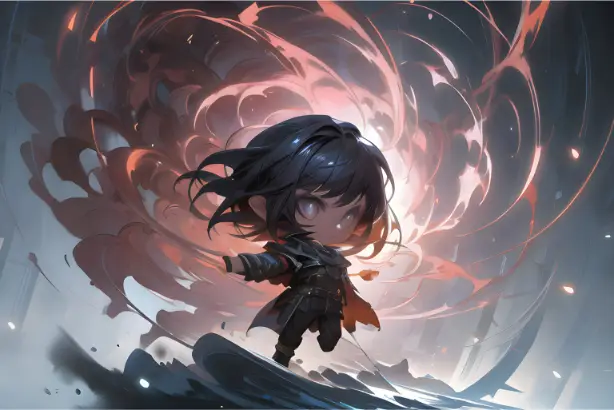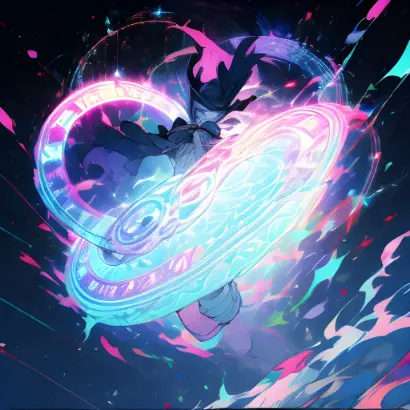Introduction: In the vast realm of spoken word poetry, artists often utilize their craft to provoke thought, challenge societal norms, and explore controversial narratives. One such poignant piece that delves into a contentious topic is the spoken word poem titled “Slavery was a Choice.” In this blog post, we will explore the power of poetry to stimulate discussion and examine the thought-provoking nature of this particular work.
Opening Statement: Poetry has long been a medium through which artists express complex emotions, challenge preconceived notions, and shed light on the human experience. The spoken word genre, in particular, has the ability to captivate audiences with its rhythmic delivery and profound wordplay, prompting listeners to reflect on themes that may be uncomfortable or challenging.
About the Poem: “Slavery was a Choice” is a spoken word poetry video that boldly confronts a controversial assertion. The poet, through eloquent verses and evocative imagery, navigates the delicate terrain of questioning societal beliefs and challenging historical narratives. The title alone, “Slavery was a Choice,” invites viewers to delve into a nuanced exploration of a topic that is often considered off-limits.
The Power of Provocation: Poetry has the unique ability to provoke thought and inspire conversations that might otherwise remain untouched. The poem in question raises the crucial question: “Who would ever say something so dumb?” This rhetorical inquiry becomes a springboard for a deeper analysis of the historical context, shedding light on the complexities of discussions surrounding controversial topics.
Navigating Uncomfortable Narratives: Art has the power to make us uncomfortable, to challenge our perspectives, and to force us to confront uncomfortable truths. “Slavery was a Choice” invites listeners to engage in a dialogue about the impact of provocative statements, urging us to critically examine historical events and the way they are portrayed.
Closing Thoughts: As we explore the realms of spoken word poetry, it becomes evident that the genre serves as a vessel for navigating the uncharted waters of controversial narratives. “Slavery was a Choice” exemplifies the ability of poetry to push boundaries and prompt introspection. In the end, the poem invites us to not only question the words spoken but also to reflect on the power of language in shaping our understanding of history and society.
In conclusion, the spoken word poetry video “Slavery was a Choice” serves as a reminder of the potency inherent in artistic expression. It challenges us to confront uncomfortable truths, question prevailing narratives, and engage in thoughtful discourse—a testament to the enduring impact of poetry in our ever-evolving cultural landscape.











